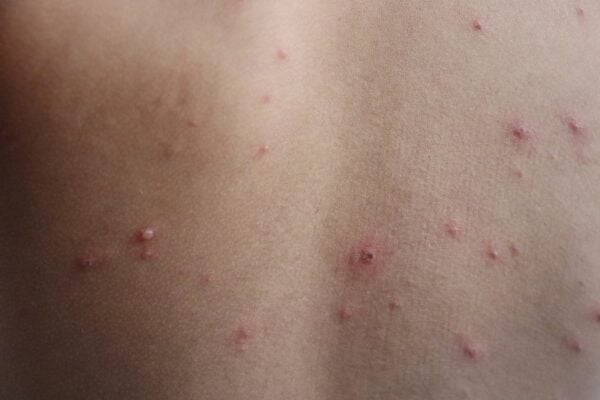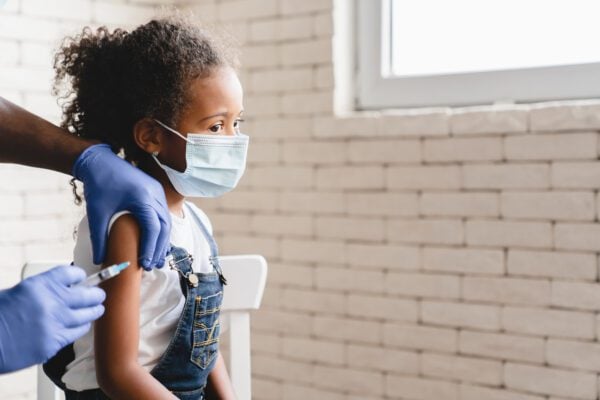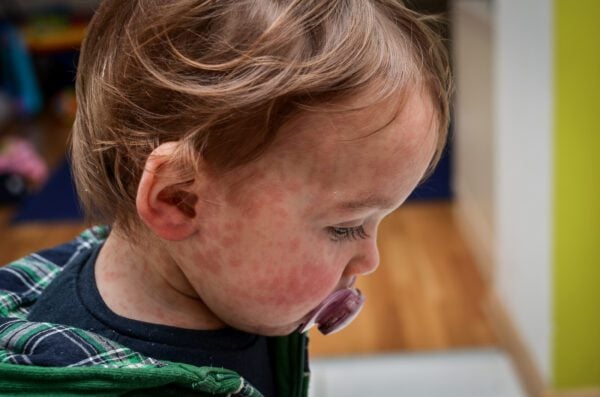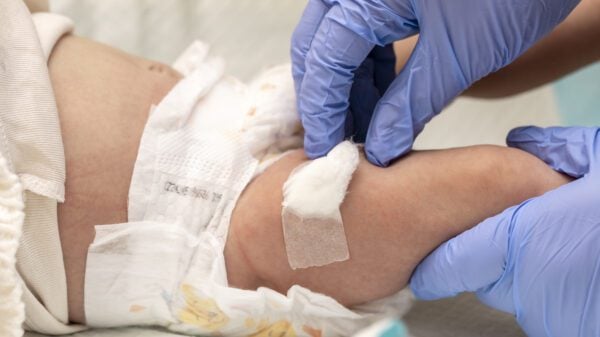The Indiana Department of Health (IDOH) has confirmed six measles cases in 2025, with five additional cases reported in Allen County.
The first case, announced earlier this week, marked Indiana’s first measles diagnosis this year. All six cases are connected, but there are no known links to outbreaks in other states.

The five newly confirmed cases include three unvaccinated minors and two adults whose vaccination status is unclear. All individuals are recovering well. State and local health officials are conducting contact tracing to identify and notify anyone exposed to prevent further spread.
Measles is a highly contagious airborne disease caused by a virus that spreads through respiratory droplets when an infected person coughs, sneezes or talks. The virus can survive in the air and on surfaces for up to two hours, making it exceptionally easy to spread.

Symptoms of measles typically develop 7 to 14 days after exposure and may include:
- High fever, which can reach 105 degrees.
- Cough, runny nose and red, irritated eyes.
- Tiny white spots (Koplik spots) inside the mouth two to three days after symptoms appear.
- A rash that begins at the hairline and face, spreading down the body before fading over about five days.
Anyone experiencing symptoms should stay home and contact their health care provider before visiting a clinic or hospital.

Two doses of the MMR (measles, mumps, rubella) vaccine are 97% effective at preventing measles. Routine vaccinations occur at 12 to 15 months and again at 4 to 6 years, though children as young as six months may be vaccinated if at risk. Individuals born before 1957 are generally considered immune.
Measles can pose severe risks to infants too young to be vaccinated, pregnant individuals, and those with weakened immune systems. IDOH urges anyone unsure of their vaccination status to consult their health care provider.

While the risk to the general public remains low, IDOH emphasizes the importance of vaccination to curb potential outbreaks. The department is actively investigating and communicating with residents in affected areas.
For more information about measles symptoms, prevention and vaccination, visit the IDOH website or the CDC website. Follow IDOH on X (@StateHealthIN) or on Facebook at StateHealthIN.
This reporting is made possible by a grant from the Indianapolis African-American Quality of Life Initiative, empowering our community with essential health insights. https://iaaqli.org/
Contact Health & Environmental Reporter Hanna Rauworth at 317-762-7854 or follow her on Instagram at @hanna.rauworth.
Hanna Rauworth is the Health & Environmental Reporter for the Indianapolis Recorder Newspaper, where she covers topics at the intersection of public health, environmental issues, and community impact. With a commitment to storytelling that informs and empowers, she strives to highlight the challenges and solutions shaping the well-being of Indianapolis residents.





